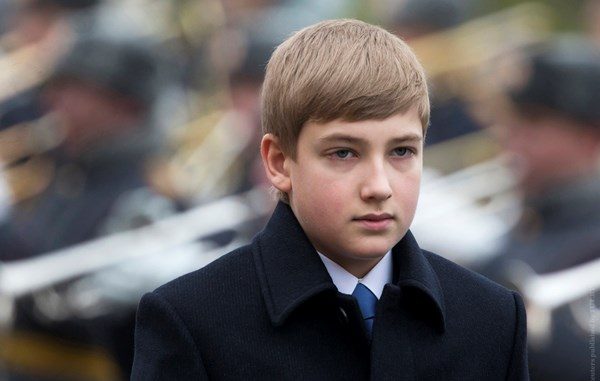
Alexander Lukashenko, who has ruled Belarus with an iron grip since 1994, has made no secret of his affection for Nikolai, frequently referring to him as his protégé. Analysts suggest that Lukashenko’s recent political maneuvers, including constitutional reforms and consolidating power within his inner circle, may be part of a broader strategy to pave the way for a familial succession.
Critics argue that the prospect of Nikolai taking over leadership symbolizes a troubling trend of dynastic rule in post-Soviet states, where power often remains concentrated within families. This development has drawn comparisons to authoritarian regimes elsewhere, sparking concerns among Western democracies about the future of governance in Belarus.
Proponents within the regime, however, portray Nikolai as a symbol of stability and continuity. Having been introduced to statecraft from a young age, including attending summits with Vladimir Putin and Xi Jinping, Nikolai has been positioned as an emerging figure with potential to maintain Belarus’s close ties with Russia while navigating a complex geopolitical landscape.
The potential transfer of power raises critical questions about the resilience of Belarus’s pro-democracy movement, which gained international attention during the 2020 protests against Lukashenko’s controversial re-election. Opposition leaders and activists fear that a Lukashenko dynasty would entrench authoritarianism further, stifling hopes for democratic reforms.
As global powers, particularly the United States and the European Union, monitor developments, the world awaits clarity on whether Nikolai Lukashenko will officially emerge as Belarus’s next leader. The implications of such a move could redefine the nation’s political identity and its role on the global stage.
Be the first to comment